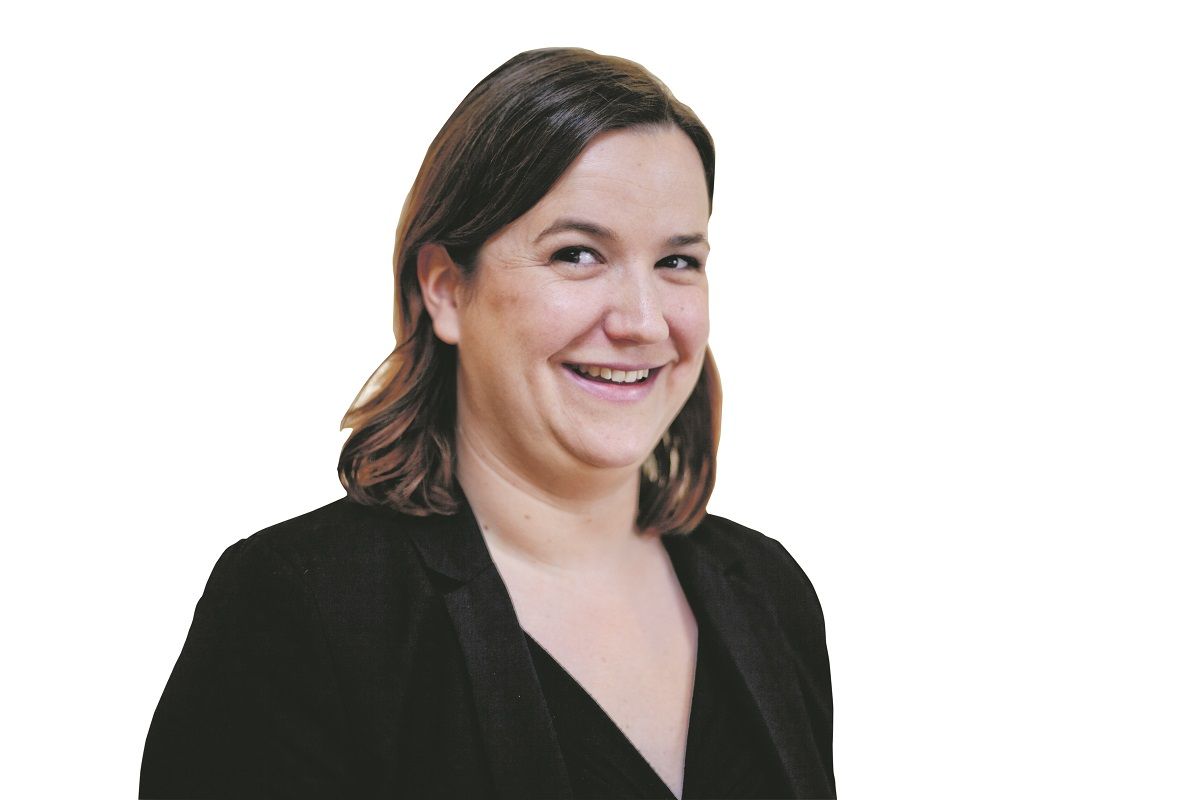Why don’t you just go home?” It’s every immigrant’s ‘favourite’ question. This has been put to me in a myriad of ways. Sometimes as fake concern for my welfare. Sometimes aggressively. Often with genuine confusion.
You can measure my Danish integration by how I’ve responded. At first, I responded with shock. Surely, you are not saying that if I say people could be nicer in shops, I am no longer welcome? Then, as I settled down, I explained that I had just bought a dining table and needed to justify the expense. There was a stage when I replied that I was indeed planning my exit. Then I got a Danish boyfriend, so now I direct them to him. If they want me to leave, they need to persuade him first.
As irritating as this conversation is, I can see a logic. I have a job I can do anywhere and I am good at it. It does not make much sense that I would stay in Denmark.
What shocks me is when refugees are asked the same question. As if refugees can comparison shop for sympathetic regimes. As if refugees must act grateful for whatever crumbs are thrown their way. As if refugees are not allowed to say shit even if they have a mouthful.
Refugees are sometimes mistreated by ordinary Danes. In 2010, a Føtex in Nykøbing refused admission to three busloads of refugees. That same year, three refugee boys were violently attacked without provocation in the north Zealand town of Jægerspris. Of course, there are ordinary Danes who try to make a difference and volunteer their time and money to helping refugees, but they are working in an impossible climate of violence and hatred.
The Danish state’s treatment of refugees is dire. Bad enough that many asylum seekers have felt the need to hunger strike. Bad enough that earlier this year, one terminally-ill Syrian man asked to be sent back even though it would mean he would die sooner.
The main problem seems not to be wilful cruelty but rather casual unkindness. Talal Nasredinne was ignored when he explained he had aggressive leukaemia until someone could come and speak on his behalf. He was placed in unsuitable accommodation in the refugee centre, which led to unnecessary suffering. He was given the bare minimum in terms of care and support, and in the end, he asked to be sent back to Syria to die. That is the consequence of asking vulnerable people “why don’t you just leave?”
He had weeks to live and yet he was given the bare minimum because the understanding of fairness was childlike: ‘everyone gets the same’ as opposed to ‘people get what they need’.
In the refugee centre, a woman suffering from extreme nausea and vomiting during pregnancy was told that since pregnancy was not an illness, she had to stay in the canteen at mealtimes and her husband was not allowed to bring bland food to her in her room. Anything else would not be “fair”.
Another woman was housed with men because she was not able to continue the use of hormone therapy due to her refugee status. If she had been able to take her hormones, the Danish Red Cross would have considered her a “real” woman and housed her safely. This lack of understanding of her needs led to her rape. She is now living in a crisis centre that had no problem placing her with other women. Childlike ideas of fairness led to a violent attack on a vulnerable person.
Meanwhile, the Danish state keeps refugees in legal limbo. It provides interpreters whose lack of linguistic skill means they can put their clients’ lives in danger. The state sometimes lets them stay for a decade, put down roots, settle and start new lives, and then deports them. Suicide attempts are common under these conditions. This is no way to treat human beings. If Denmark values its international reputation, then things need to drastically change. There are people in Denmark who work hard to make a difference; their efforts must not be destroyed by casual indifference or the actions of a hateful minority.
The author’s blog is at adventuresandjapes.wordpress.com.















